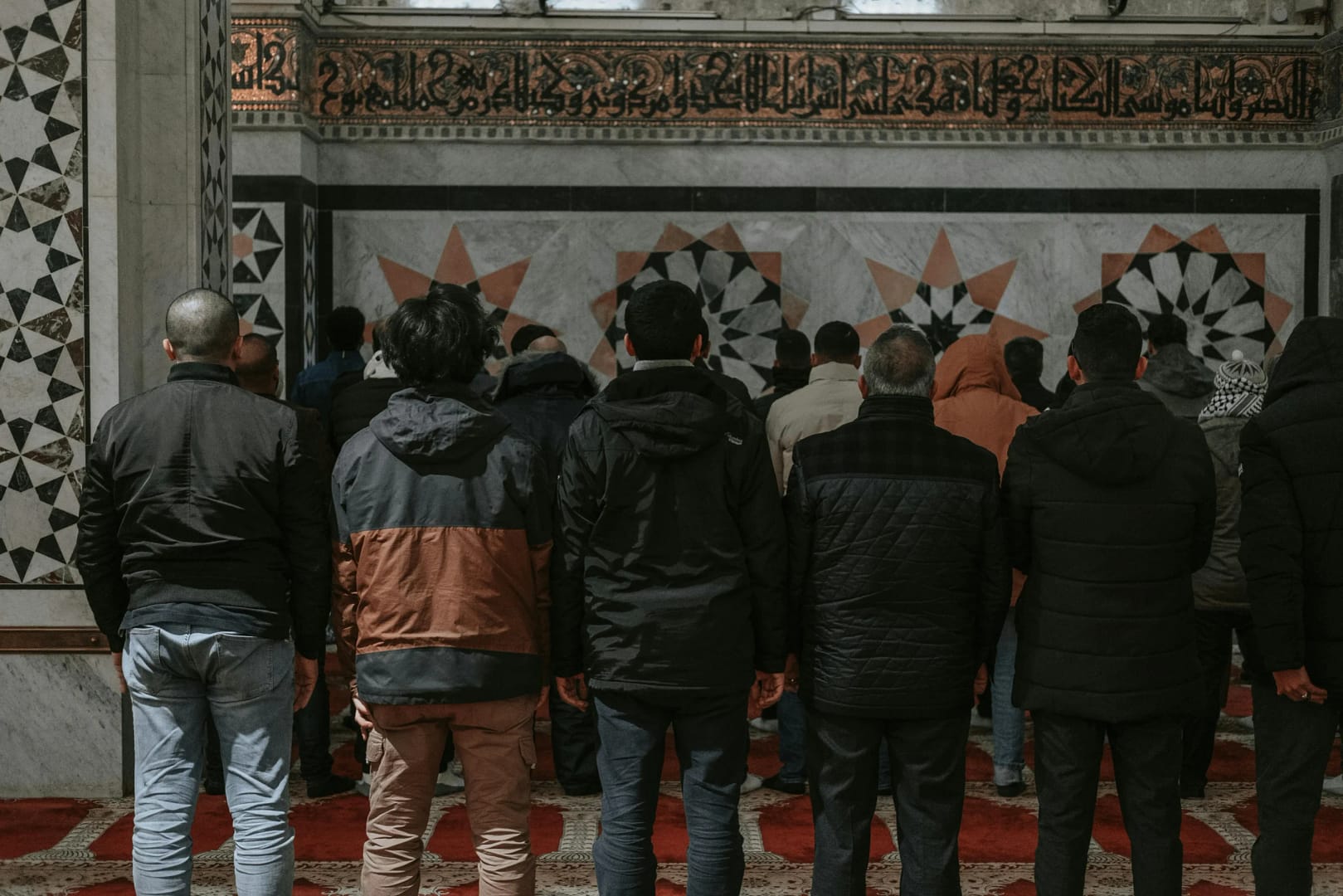Arabic praying holds a special place in Islam as it unites Muslims around the world in a single form of worship. Although Islam is a universal religion with followers from diverse linguistic backgrounds, the prayers (Salah) are performed in Arabic. This is due to the fact that Arabic is the language of the Qur’an, and it preserves the original message as revealed by Allah (SWT). While Muslims are encouraged to learn Arabic to fully understand their prayers, learning Arabic praying can be a gradual process, especially for new converts.
Why Prayer is Performed in Arabic
One of the key reasons why Arabic prayer is essential is that it maintains the unity of the Muslim Ummah. When Muslims from different countries come together to pray, regardless of their native languages, they all recite the same verses in Arabic. This common practice creates a sense of brotherhood and equality, as everyone stands side by side, glorifying Allah (SWT) in the same words.
Additionally, the Qur’an was revealed in Arabic, and it is a language known for its precision and depth of expression. When a Muslim performs Islamic prayers in Arabic, they are reciting the exact words revealed to the Prophet Muhammad (PBUH), without the potential loss of meaning that can occur in translation. This preserves the authenticity of the message and ensures that the prayer remains consistent across generations.
The Challenges of Learning Arabic Prayer
For non-Arabic speaking Muslims, learning how to perform Arabic praying may seem challenging. However, it is important to remember that the Qur’anic Arabic used in prayers is relatively simple. In fact, the basic vocabulary needed for prayer includes around 80 words. New Muslims, in particular, are allowed to initially recite in their native language until they learn the essential Arabic words for prayer. This gradual learning process allows new converts to fulfill their religious duties while working on mastering the language.
Our academy offers courses designed to help students learn Arabic prayer, including the grammar and vocabulary needed to understand the Qur’an. With consistent practice, students can quickly memorize the necessary words and incorporate them into their daily prayers.
The Spiritual Significance of Arabic Praying
Praying in Arabic also holds deep spiritual significance. Allah (SWT) chose Arabic as the language of the Qur’an, and as such, it is considered the most expressive and comprehensive language to convey the divine message. When Muslims recite the Qur’an in Arabic during prayer, they connect with the original words of Allah (SWT), which enhances their spirituality and devotion.
Moreover, the act of offering Salah in Arabic creates a sense of equality among all Muslims. No matter where they come from, what their ethnicity is, or what language they speak, every Muslim prays to Allah (SWT) in the same language. This eliminates barriers of racism and discrimination and promotes unity and brotherhood in the Muslim community.
The Flexibility of Dua
While Arabic praying is a requirement in Salah, Muslims are not limited to Arabic when making Dua (personal supplication). Allah (SWT) understands all languages, and when a believer makes Dua, they are encouraged to speak in their native tongue. This allows for a more personal connection with Allah (SWT), as the believer can express their thoughts and emotions freely.
Learn Arabic Prayer with Us
If you’re looking to deepen your understanding of Arabic prayer and improve your connection with Allah (SWT), our website offers specialized courses in Arabic language and prayer. Whether you’re a new Muslim or simply want to enhance your prayer experience, our courses are designed to teach you the essentials of learning Arabic praying in an easy and accessible way.


